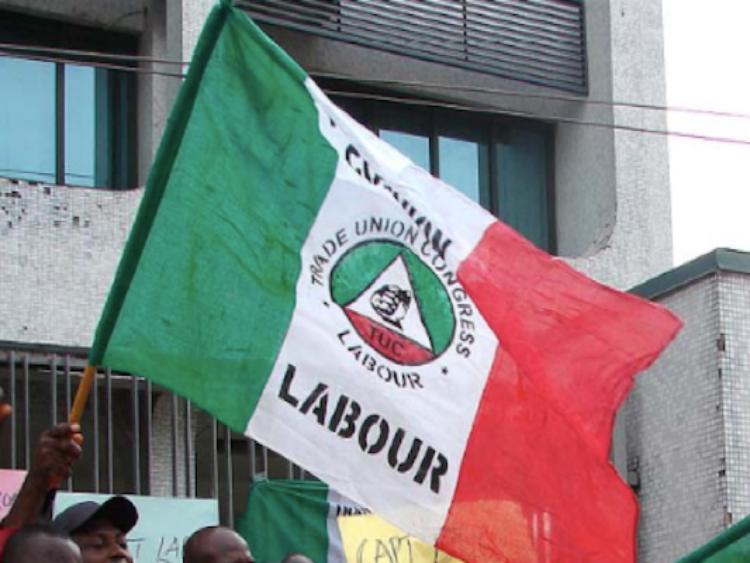News
Explosive threat: NLC to declare nationwide strike over fuel prices

A storm of outrage brews as the Nigeria Labour Congress (NLC) ignites a fiery ultimatum, declaring an imminent nationwide strike that could plunge the nation into chaos.
In a dramatic announcement at the African Alliance of Trade Unions meeting in Abuja, Mr. Joe Ajaero, the NLC President, warns that the wrath of workers and citizens alike will be unleashed if the already burdened fuel prices dare to surge further.
With a fierce determination that reverberates through the corridors of power, Ajaero takes center stage. The ongoing negotiations with the Federal Government are a tinderbox, and the sparks of discontent threaten to ignite an inferno. The much-touted palliatives that were promised to soothe the sting of subsidy removal remain conspicuously absent, a glaring betrayal in the eyes of the people.
Fueled by the fire of responsibility, Ajaero lashes out against the prevailing anti-poor and anti-workers policies that gnaw at the very core of the nation. The trade union movement, symbolized by the Registrar of Trade Unions, stands as a bastion of defense for the beleaguered workforce and the beleaguered masses. Yet, the government’s actions tell a different tale, one of a populace trapped in a vortex of economic oppression.
Ajaero’s words echo like a warning siren, resonating with a sense of urgency. He makes it clear that Nigeria’s labor force will not stand idly by, placidly penning strike notices. The wounds of the past, the consequences of prior fuel price hikes, remain unhealed. Ajaero warns that the nation might awaken to yet another assault on their already strained wallets, without a moment’s notice.
In the thunderous backdrop of Ajaero’s proclamation, an impassioned plea rings out. The Federal Government is urged to shed its draconian policies, to mend the fractures that have fractured the very essence of Nigerian wages. He paints a bleak picture of inflation’s rampant spread, as wages crumble under the weight of devaluation and economic mismanagement.
Amidst the maelstrom, Ajaero turns to the plight of the National Union of Road Transport Workers (NURTW), ensnared in the clutches of an overreaching Inspector-General of Police (IGP). The boundary between labor and law enforcement blurs, with the IGP stepping beyond his bounds, a usurper of the Ministry of Labour’s domain. Ajaero’s voice quivers with resolve as he demands justice, insisting on an apology for the unjust detention and intimidation faced by union leaders.
Ajaero’s message is clear: the people will no longer endure oppression. A tempest brews, the skies darken, and the fate of a nation teeters on the edge of revolt. The NLC’s fire will either sear away injustice or ignite a conflagration that will reshape Nigeria’s destiny.




























 Davido's Net Worth & Lifestyle
Davido's Net Worth & Lifestyle 
